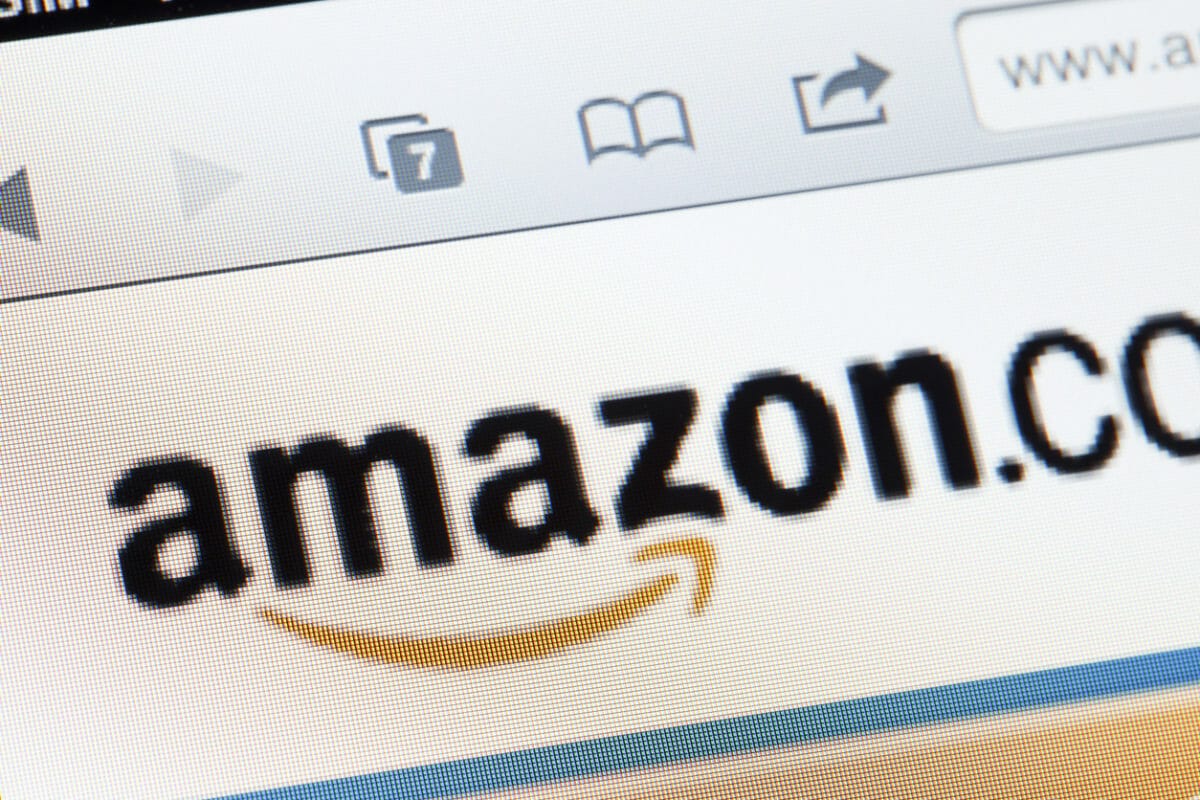Two of the world’s largest asset owners are putting pressure on Amazon to reveal exactly how it is protecting its workers from COVID-19. It’s a move indicative of the investor mood to focus attention on human and labour rights among investee companies, with a particular spotlight on the tech sector.
The giant Dutch pension provider, APG, and the New York Comptroller’s office, which looks after the five New York City retirement funds, have put together a shareholder proposal calling on a sub-committee of Amazon’s board, the Leadership Development and Compensation Committee, to release details of the company’s efforts to protect workers’ health and safety in the pandemic. It comes on the back of a report by the Center for Investigative Reporting which shows that some Amazon warehouses were COVID-19 hotpots and the turnover rate for frontline workers was double the industry average.
Anna Pot, APG’s head of responsible investment Americas, says the COVID crisis has highlighted the importance of human capital management, and social issues, in the successful running of businesses.
“Last year and the COVID crisis has further emphasised the importance of this. Things like paid sick leave and effective communication with employees is so important in handling the pandemic,” she says. “The COVID crisis shows if your workers get sick then they are off work and it impacts the business, it’s a no brainer. It is important companies have processes in place and they are effective, it’s just good business.”
Collectively NYCERS and APG have $6.3 billion invested in Amazon, and have been engaging with the company for a long time. For ABP, APG’s largest client, Amazon is its largest equity holding with EUR3.3 billion.
Pot says the company has been responsive to engagement and has stepped up in terms of creating human rights policies and addressing supply chain issues. However the next step, which the investors are now asking for, is for the company to show the impact of those policies and procedures.
“In the context of COVID they have made numerous adjustments in their work practices and are open to their investors to engage much more significantly than a year or two ago. But for us as an owner that cares deeply about RI we want to see impact,” she says. “It’s good to have a policy and a program but at the end of the day it’s about impact. We want to see how many people are impacted. Can people go to work and be safe? That is the focus of this engagement.”
In October last year Amazon released a report that acknowledged 19,816 of its US workers had tested positive for COVID-19.
“We want to call on those responsible for this, what is the effectiveness of these programs? Show me. A one-off report on infection rates doesn’t tell us,” she says.
Pot says while asset owners were now asking companies about human and labour rights issues, it is important that the focus is on outcomes.
“The role for asset owners is to push this forward, more and more investors are asking about these issues, but we need to push for the impact of their procedures. We want to inspire other investors to do the same – ask companies to show the evidence of impact of their procedures and policies.”
Amazon’s sustainability performance
Even before the pandemic, long-term investors had expressed their concerns about the sustainability of Amazon’s business model, which emphasises productivity in spite of reports about the negative effects of that on worker health and safety.
A 2019 report by the Center for Investigative Reporting analyzed Amazon’s OSHA reporting from 22 fulfillment centres found extremely high injury rates – more than twice the national rate.
Amazon also performed poorly in the recent Test of Corporate Purpose initiative. Founded by Mark Tulay and co-chaired by Bob Eccles, Hiro Mizuno and Sacha Sadan – the TCP assessed how companies respond in a time of severe global crisis, and tested if they truly “walk the talk” in delivering to their stated corporate purpose.
“My experience working closely with Amazon on the ‘Test of Corporate Purpose’ initiative proved that financial might does not equate with right as Amazon was one of the worst performers, justifiably so,” Tulay says, adding the company had the resources to do more, better and faster.
“Instead they ducked and dodged the hard-truths and cut corners whenever possible to safeguard the fortress of their miscalculated reputation. Amazon bullied not only me, but also fired six front-line employeesthat had the courage to speak of the so-called ‘vein of toxicity’ that ran through the company. It was clear that employee safety and well-being took a back seat to profits at any cost. It was all puff and fluff and profits.”
According to Tulay, who says he was bullied by the company to speak false truths, Amazon misled and misinformed the public and investors about the true toll that COVID-9 took on its employees and continues to do so.
“They cut benefits at a time when the front-line employees needed it most and they threaten to sue and intimidate truth-tellers like me that do not shirk from the truth. The company should be ashamed,” he says. “And astute institutional investors should be held accountable for ducking and dodging their fiduciary obligations. Amazon is the new Exxon of the sustainability movement and so-called responsible investors that turn a blind eye to these hard truths do so with clairvoyant myopia where profits trump truth.”
In evidence of other investor engagement on social issues, The Council of Ethics of the Swedish National Pension AP funds, has produced a document for the tech sector outlining its long-term expectations of how the sector should work strategically on human rights.
Developed in conjunction with the Danish Institute for Human Rights, a larger group of investors has also engaged in the development of the document and has begun to engage with tech companies about these expectations. They include APG, AXA, Church of England Pensions Board, Church Commissioners of England, COMGEST, Kempen, Legal & General, LGPS Central, New Zealand Super Fund, Robeco, Royal London Asset Management and USS.
For NZ Super this engagement began back in March 2019, following the Christchurch terror attacks. At that time it coordinated a shareholder engagement calling on the giant tech companies – Facebook, Google and Twitter – to take more responsibility for what is published on their platforms.





It’s much worse then what was stated. It’s not easy to stand up to power and wealth like Bezos, but he needs to be held accountable. Too many voices were silenced by Amazon. And what is happening in Russia is happening now in the US. I am punished and held to account. Amazon is the next Exxon of the sustainability movement.